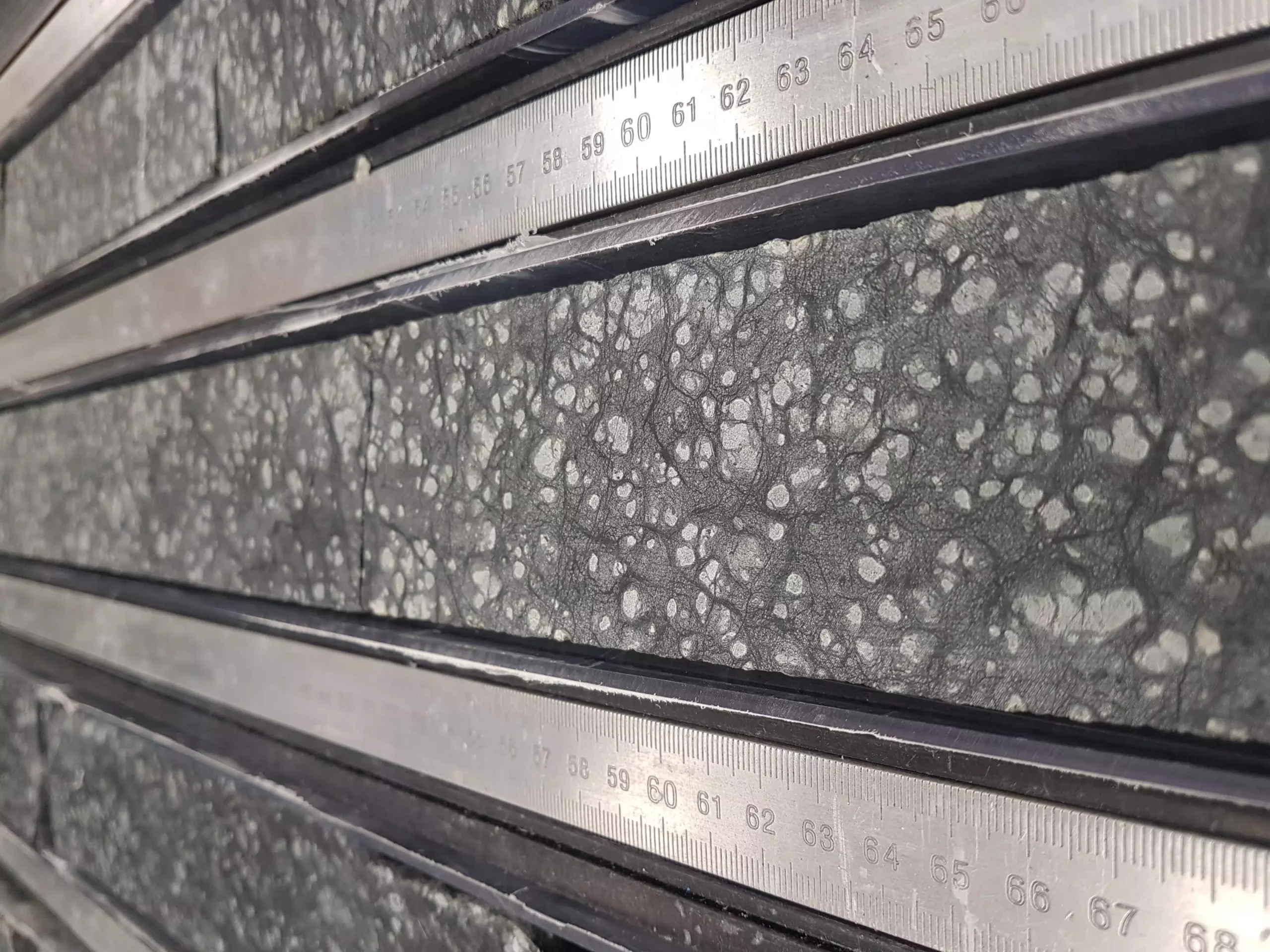A recent groundbreaking discovery has provided scientists with the first long section of rocks originating from the Earth’s mantle, the layer below the planet’s crust. This discovery will play a crucial role in unraveling the mysteries of the mantle’s impact on various Earth processes, such as volcanic activity and the global cycles of essential elements like carbon and hydrogen. The 1,268 meters of mantle rock was recovered from a “tectonic window” along the Mid-Atlantic Ridge during Expedition 399 “Building Blocks of Life, Atlantis Massif” of the ocean drilling vessel JOIDES Resolution.
The Record-Breaking Achievement
Led by the International Ocean Discovery Program, this recovery marks a significant milestone in the field of Earth sciences. The expedition team has been diligently working to analyze the recovered mantle rocks to understand their composition, structure, and context. Their findings, published in the journal Science, have revealed unexpected results about the history of melting in the rocks, shedding light on the mantle’s evolution and makeup.
Lead author Professor Johan Lissenberg from Cardiff University’s School of Earth and Environmental Sciences expressed the importance of the recovered rocks in studying the composition and evolution of our planet. The composition of the mantle rocks differs from initial expectations, showing lower levels of the mineral pyroxene and higher concentrations of magnesium, indicating extensive melting processes as the mantle ascended towards the surface. These insights have the potential to revolutionize our understanding of magma formation, volcanism, and the transport of melt through the mantle.
By examining the channels through which melt was transported in the mantle, scientists hope to trace the journey of magma from its formation to its eruption on the Earth’s surface. This knowledge is crucial for understanding how volcanoes are fueled, especially those on the ocean floor that play a significant role in Earth’s geology. The study also provides insights into the reactions of olivine, a prevalent mineral in mantle rocks, with seawater, leading to the production of hydrogen and other molecules that could have fueled early life on Earth.
Dr. Susan Q Lang from the Woods Hole Oceanographic Institution emphasized the significance of the discovered rocks in providing a glimpse into the chemical and physical conditions present during Earth’s early history. These conditions may have been conducive to the development of the earliest forms of life, hinting at the role of mantle processes in the origin of life on our planet. The international team of scientists involved in the JOIDES Resolution expedition will continue their research on the recovered drill cores to further explore these fascinating discoveries.
The impact of Expedition 399 and the recovery of the mantle rocks will have far-reaching implications for a wide range of scientific disciplines. Dr. Andrew McCaig from the University of Leeds highlighted the pride in the achievements of the expedition team and the importance of the new deep hole as a benchmark for future research in fields such as mantle melting processes, chemical interactions between rocks and the ocean, organic geochemistry, and microbiology. This groundbreaking discovery opens up new avenues for understanding the secrets hidden within the Earth’s mantle and its crucial role in shaping our planet’s history and sustaining life.


Leave a Reply